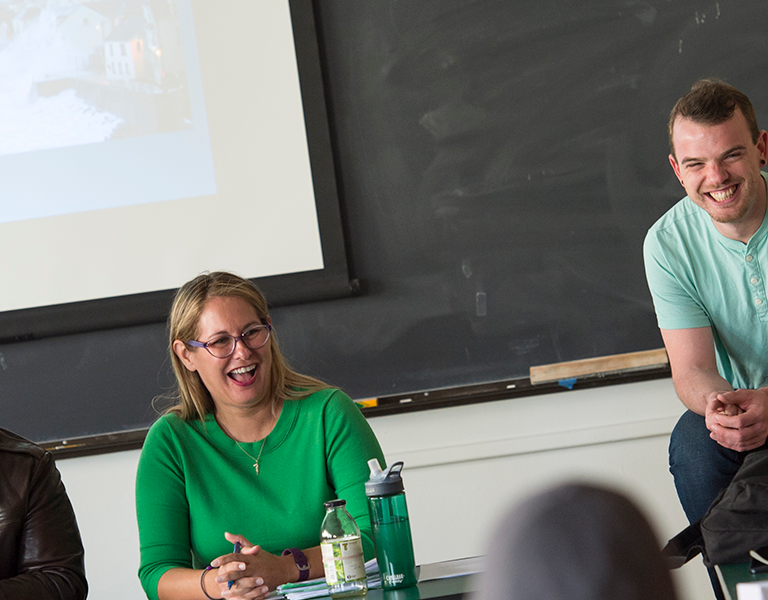The College of Humanities, Social Sciences, and the Arts prepares students to live richly rewarding personal, professional, and social lives while understanding and appreciating human complexity in a global society. Our faculty members are award-winning experts and leaders in their fields who are committed to excellence in teaching, research, and creative activity. In the College of Humanities, Social Sciences, and the Arts, students develop the skills that employers are looking for: critical thinking, creative complex problem-solving, written and oral communication, the ability to work with others, and applied knowledge in real-world settings. Our graduates leave Sonoma State prepared to transform the world.
We educate tomorrow's leaders.
Looking for a faculty or staff member in a specific department within the college? You'll find them on our Faculty and Staff contact page.
Department of Applied Human and Environmental Sciences
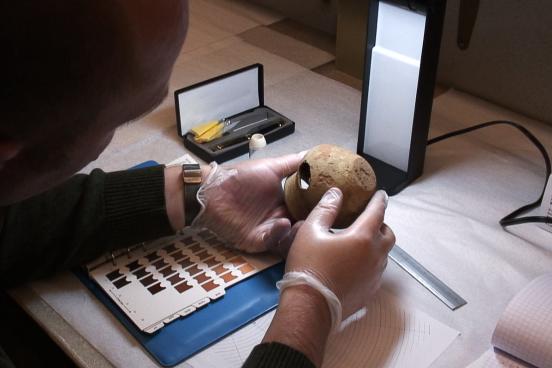
Anthropologists study how human beings have come to be as they are: a physically distinct species, communicating through language, and adapted to every habitat. Anthropologists contribute to a global focus on how culturally different peoples interact, how humans change their customary ways of life, and how they've evolved over time.
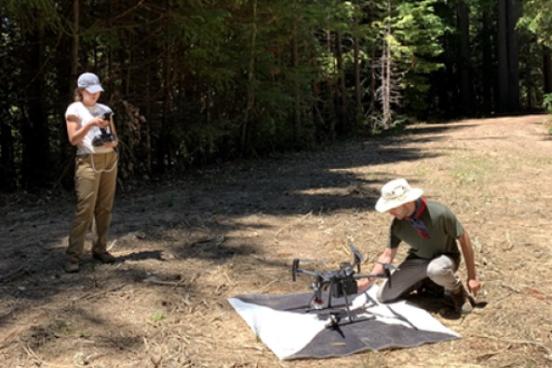
To address environmental challenges, one must have a deep understanding of both natural and human systems in different ecological, economic, political, and cultural contexts. GEP students learn key fundamentals about environmental science and policy, and they develop practical skills as they use tools of the trade in lab and field courses.

Global Studies is an interdisciplinary program, drawing on various social and natural sciences, as well as the humanities, to learn how local places are impacted by regional, national, and transnational cultural flows, environmental processes, political ideologies, and economic relations.

The Human Development program offers an interdisciplinary Bachelor of Arts that focuses on human growth and development across the life span, the underlying processes and structures that support that development, and the familial, social, and cultural environments in which development is situated.
Department of Art, Media, and Communications
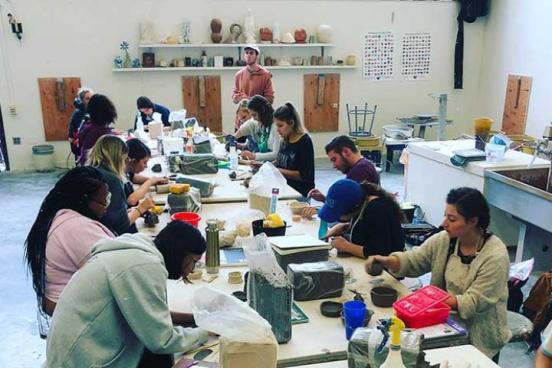
The Department of Art is a vibrant and inclusive community that encourages throughtful experimentation through making. With a variety of exhibition space and well-equipped studios, students engage in technology new and old. Our program prepares students to go out into the world as curious and competent makers of things.
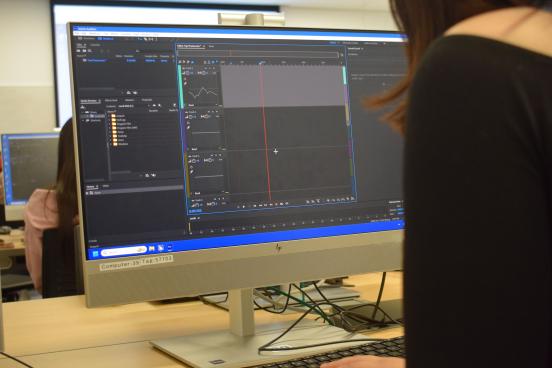
Communication and Media Studies teaches students hands-on production skills, foundational knowledge to navigate and adapt to the ever-changing media landscape; and the history, theory, ethics, and criticism of media. Our students build connections with peers and professionals, positioning them for diverse career options in media industries and beyond.
Department of English
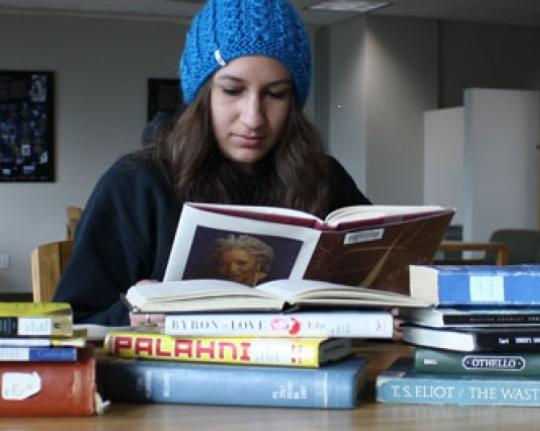
The study of English familiarizes us with the written documents that define the past and give meaning and purpose to the present; it enriches our awareness of language in written and oral forms; it stirs the creative and recreative impulses; and it provides us with multiple ways to envision our world and ourselves.
Department of Music
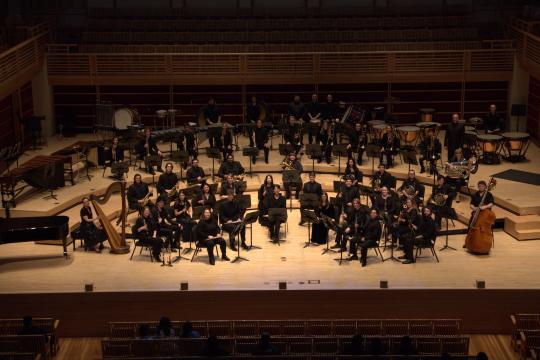
At Sonoma State University, developing artists cultivate their individuality in an environment that emphasizes personalized instruction. SSU's Green Music Center is a creative and dynamic atmosphere where musicians thrive and engage in high-quality performance experiences and applied practical training, preparing students for professional careers in music.
Department of History and Politics
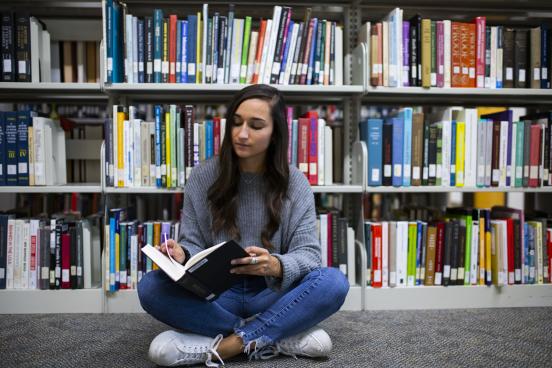
The Department of History offers courses in US, European, Eurasian, Latin American, and Pacific history, in addition to various regional and thematic approaches. The Department of History faculty has won awards for its teaching and scholarship at SSU and beyond. Visit our webpage to see where a history degree leads!
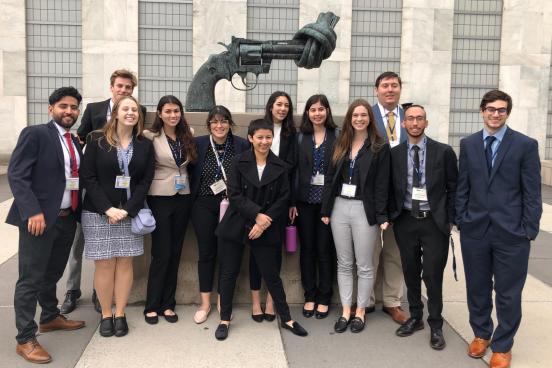
Political Science offers excellent opportunities for the study of government and politics. Students learn to discuss and analyze the current public policy issues facing the United States and the world. They learn to analyze and understand world affairs and comparative politics. They are trained in research techniques for the study of political processes.
Department of Psychology
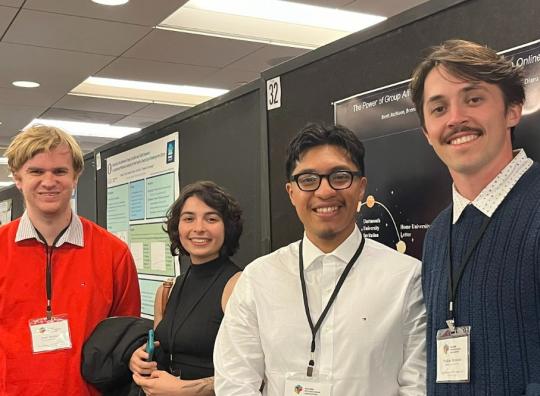
Psychology is the study of the mind, behavior, and experience. The department offers social, personality, developmental, clinical/counseling, cognitive/physiological, and holistic psychology courses. Our goal is to empower students with the knowledge that will enable them to be effective agents of change in the world.
Department of Sociology, Criminology, and Criminal
Justice Studies
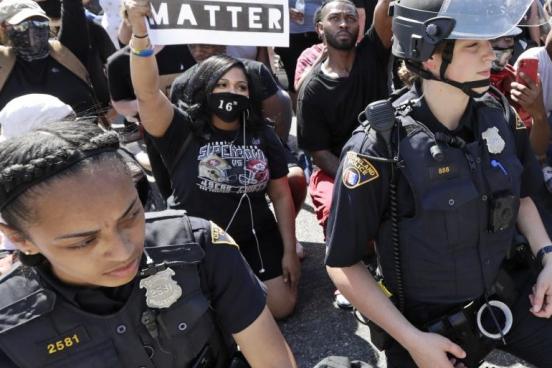
Criminology and Criminal Justice Studies offers a liberal arts curriculum concerned with the changing nature and content of law; shifting public expectations of criminal justice agencies; implications of diversity along the lines of race, gender, and class; and reactions of those agencies to social perceptions of political pressures.
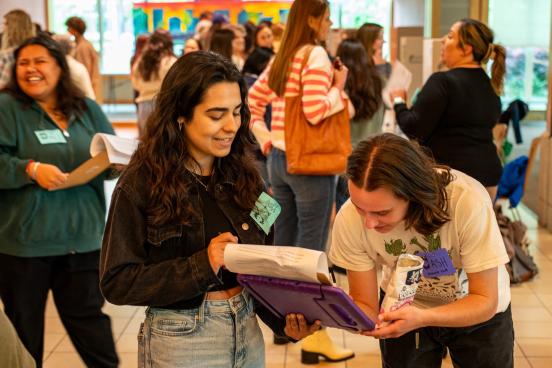
Sociology studies groups, individuals as social actors, and the structure of entire societies. Studying sociology involves attention to theory, research, and diverse components of society. The application of sociological insights improves the human condition in the context of social justice and equality.
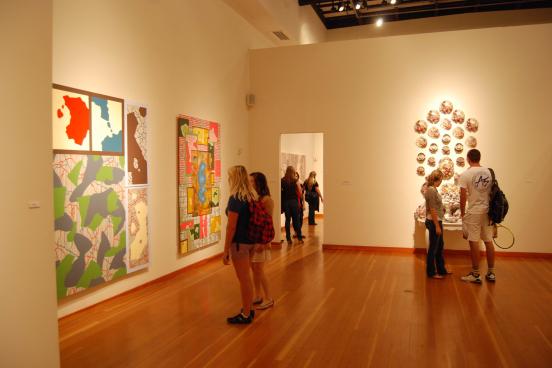
Art history prepares students to navigate the 21st century visual world through the study of art from around the globe, dating from the earliest eras to today. Students are exposed to a variety of methodological approaches as they develop research, writing, and critical thinking skills that will serve them in many professions.
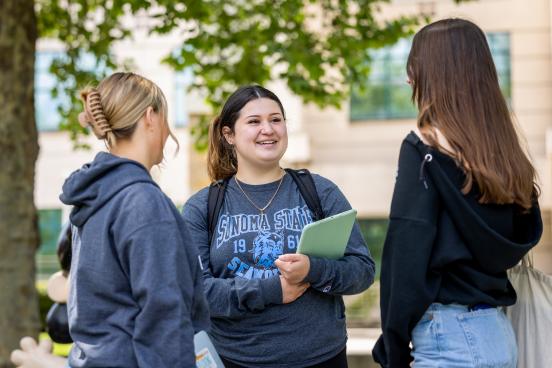
The SSU Philosophy Department specializes in ethics and values. Students critically examine life's deepest questions and evaluate vital problems and debates concerning the origin of value, what makes life worth living, and how to promote the public good. Major concentrations focus on the good life, pre-law, social justice, or technology.
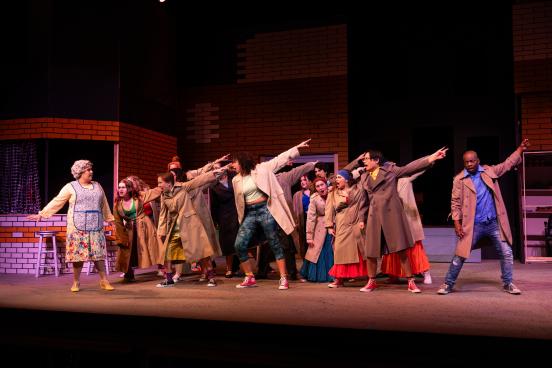
The Department of Theatre Arts and Dance offers students a home where they can seek their potential and develop their voices as artists, through the study and collaborative creation of live performance. We believe in a world where the artist is transformative, essential, and engaged.
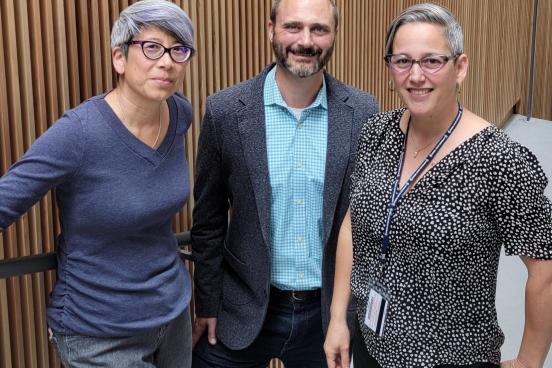
Women's and Gender Studies (WGS) welcomes all students who would like to learn about gender, race, ethnicity, sexuality, immigration, class, and ability. Students in WGS get close mentorship from award-winning faculty, join a community of feminist scholarship, and build the skills to launch meaningful careers and engage with your communities.


